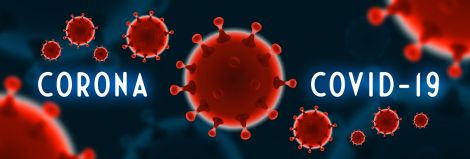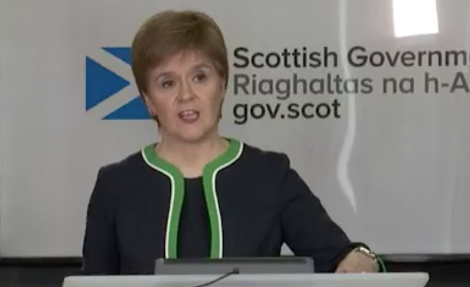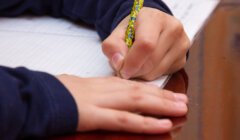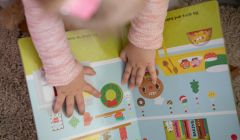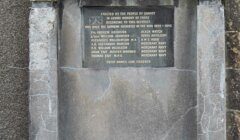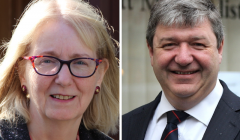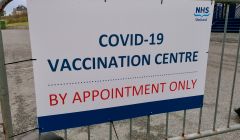Coronavirus / First minister sets out the ‘new normal’
… and warns that social distancing and limiting our contacts with others will be a fact of life for a long time to come
SETTING OUT the Scottish Government’s strategy to slowly release the country from the current lockdown, first minister Nicola Sturgeon has warned that life “as we knew it” will not return any time soon.
Speaking frankly about the challenges ahead during her daily press briefing in Edinburgh on Thursday, Sturgeon said lifting any of the current restrictions would inevitably pose “the very real risk” that Covid-19 could run rampant again.
Lifting the lockdown could therefore only be a long, drawn out and gradual process that needed constantly be monitored.
“What we will be seeking to do is find a new normal, a way of living alongside this virus but in a form that keeps it under control and stops it taking the toll that we know it can do,” the first minister said.
“Social distancing and limiting our contacts with others will be a fact of life for a long time to come; certainly until treatment and ultimately a vaccine offer different solutions.
“That means – possibly – for the rest of this year and maybe even beyond. And that is why talk of lifting the lockdown as if it is a flick of a switch movement is misguided.
“Our steps, when we take them, will need to be careful, gradual, incremental and probably quite small to start with.”
The first minister also confirmed that over the last 24 hours 58 more people had died of Covid-19 in Scottish hospitals – a stark reminder of the seriousness of the situation.
However, she described as “encouraging” the latest figures of those in hospital with confirmed or suspected coronavirus (1,748 in hospital of which 148 were kept in intensive care), as these numbers were showing a slight decrease in the general trend.
The latest number of confirmed cases of Covid-19 in Shetland is 54, an increase of one since yesterday. There were fewer than five people in the Gilbert Bain Hospital with confirmed or suspected Covid-19.
Become a member of Shetland News
Sturgeon said evidence indicated that the strict measures in place for more than a month now were working and that the reproduction rate of the virus had come down from around three to somewhere between 0.6 and 1, but was likely to be still higher in certain settings such as care homes.
Hinting at a further continuation of the current movement restrictions, she said the reproduction rate needed to be as low as possible and more time was needed for that to happen.
Sturgeon added: “When we reach that stage the virus will be under control only because of the severity of restrictions we all living with just now, but the virus will not have gone away.”
She said the way shops and other businesses were working needed to be changed, and school layout and practices be redesigned before pupils could restart their education.
Large events were likely to be off for some months to come, she added, while shielding of the most vulnerable in society would be required for the foreseeable future.
Once some of the lockdown measures were to be lifted, Scotland would enter into the next phase of dealing with the pandemic, she said, and this would include extensive testing, tracing of contacts of those who tested positive and isolation of symptomatic people to break the chain of transmission.
That, she said, would form “a central part of the approach that we take”, and preparation for this to happen were underway.
Reinforcing the message that everybody needed to get used to “a different way of how we live”, Sturgeon called for a “grown-up discussion” about all these challenges, encouraged everybody to read the government paper and to get in touch to participate in the debate.
Become a member of Shetland News
Shetland News is asking its readers to consider paying for membership to get additional perks:
- Removal of third-party ads;
- Bookmark posts to read later;
- Exclusive curated weekly newsletter;
- Hide membership messages;
- Comments open for discussion.
If you appreciate what we do and feel strongly about impartial local journalism, then please become a member of Shetland News by either making a single payment, or setting up a monthly, quarterly or yearly subscription.






